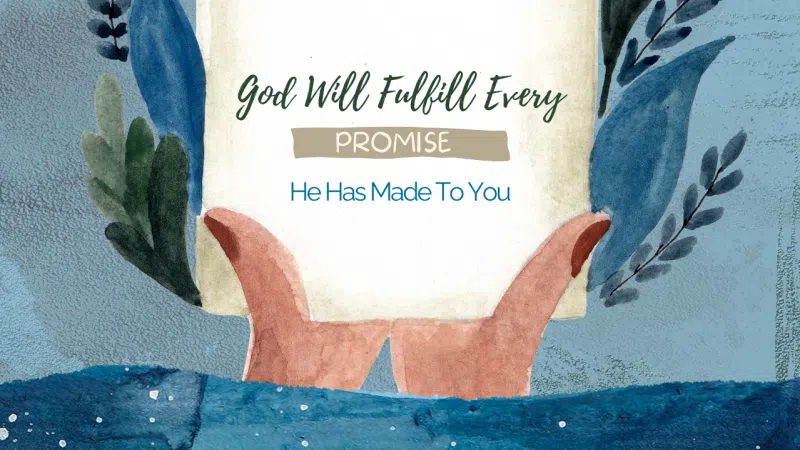To error is human. We all do it. Sometimes it’s good to remind ourselves that good can come from our slip-ups, too.
It’s so very easy to beat ourselves up when our best intentions don’t materialize the way we hoped, planned or worked towards. But that’s when it’s most important to remember that God can work all things—even our mistakes—for good. And a lot of that good might very well be teaching your kids a thing or two or three about a great deal of different things.
Here’s a look at just a few of them:
Resiliency isn’t just a trait. It’s a skill that can be practiced and mastered. Every time you mess up but don’t stop, you teach your child that a mistake doesn’t have to—and shouldn’t be—the end. So the next time you screw up, don’t hide it. Own it and even show it to your kids. Then, point out how exactly you’re going to work to recover from it and make things better. They’ll be grateful to know that you’re human too. It not only gives them hope, it gives them confidence that they can move past mistakes too.
Maintain a proper perspective. Failures can be overwhelming, but they don’t have to overtake us. It’s okay to let your child see you frustrated, upset and even confused, but don’t forget to let your child see you successfully manage these different emotions too. Talk is cheap. Allowing your child to witness firsthand how you work through these challenging feelings will help them know how to tackle them also.
Know your value. Maintain your worth. God knows we’re going to mess up. But, thankfully, He still treasures and values us. Shouldn’t we value what God chooses too? Whenever a slip-up threatens your self-worth, remember this. Don’t toss aside or discredit what Jesus bought with His life. Every time you maintain that you are not your mistakes, you teach this same truth to your child.
Live the action plan: Two wrongs don’t make a right. Sometimes it takes many, many wrongs to get it right. Truth told, you’ve likely been lied to. Don’t let your kids fall for the same. We’ve all heard it before: “Practice makes perfect.” But we’re not perfect. And sometimes no matter how much we practice, perfection can still be so far out of reach. Let your actions—and mistakes—speak the truth with love; practice means making mistakes—sometimes lots of them—but those same mistakes can lead to progress. Demonstrate to your child how important it is not to give up. Show them that mistakes have value too.
Slip-ups are okay when you’re steady on the Rock. Sure, failure is scary. No one likes it. It can create a whole mess of emotions and choices that we’d rather not deal with. But that’s the beauty of being grounded in God and His Word. Even when we fall off course and things don’t end up the way we plan if we’re anchored to Him, worry doesn’t have to overtake us. Let your actions—and, yes, even your screw-ups—paint a very real picture for your child of how a personal relationship with God can help you survive the storms, too.

















